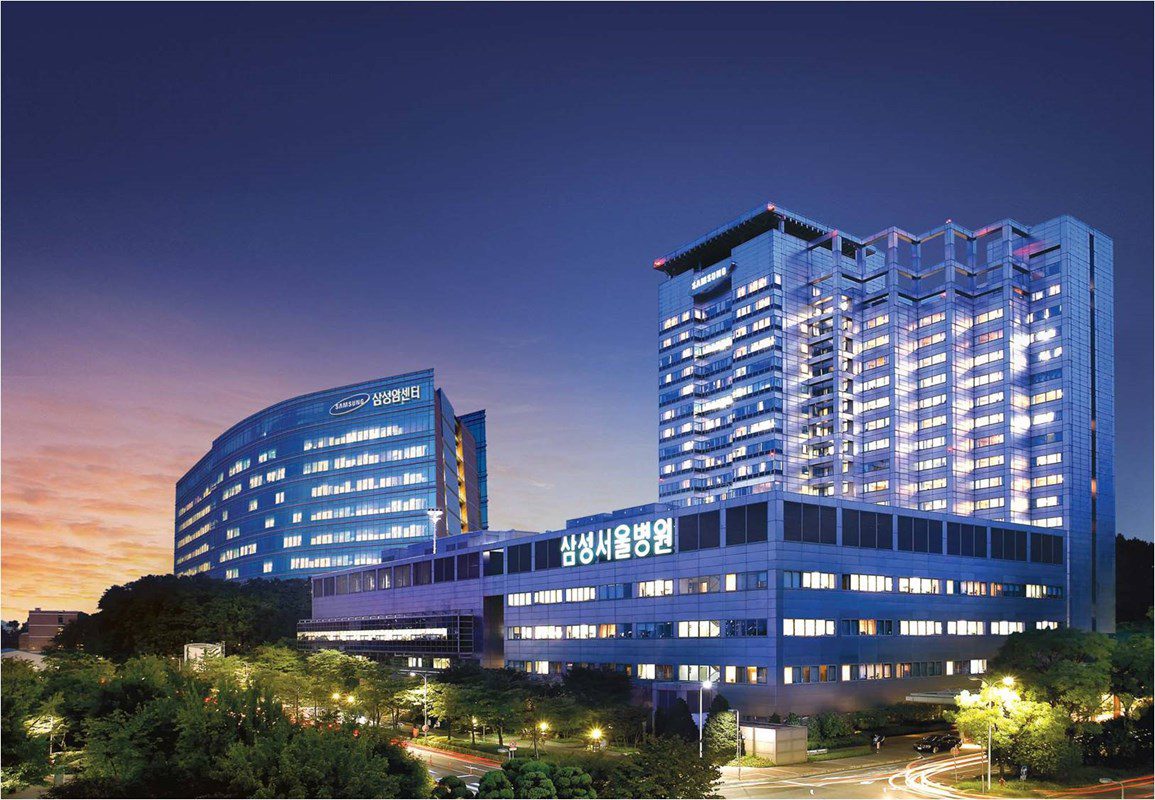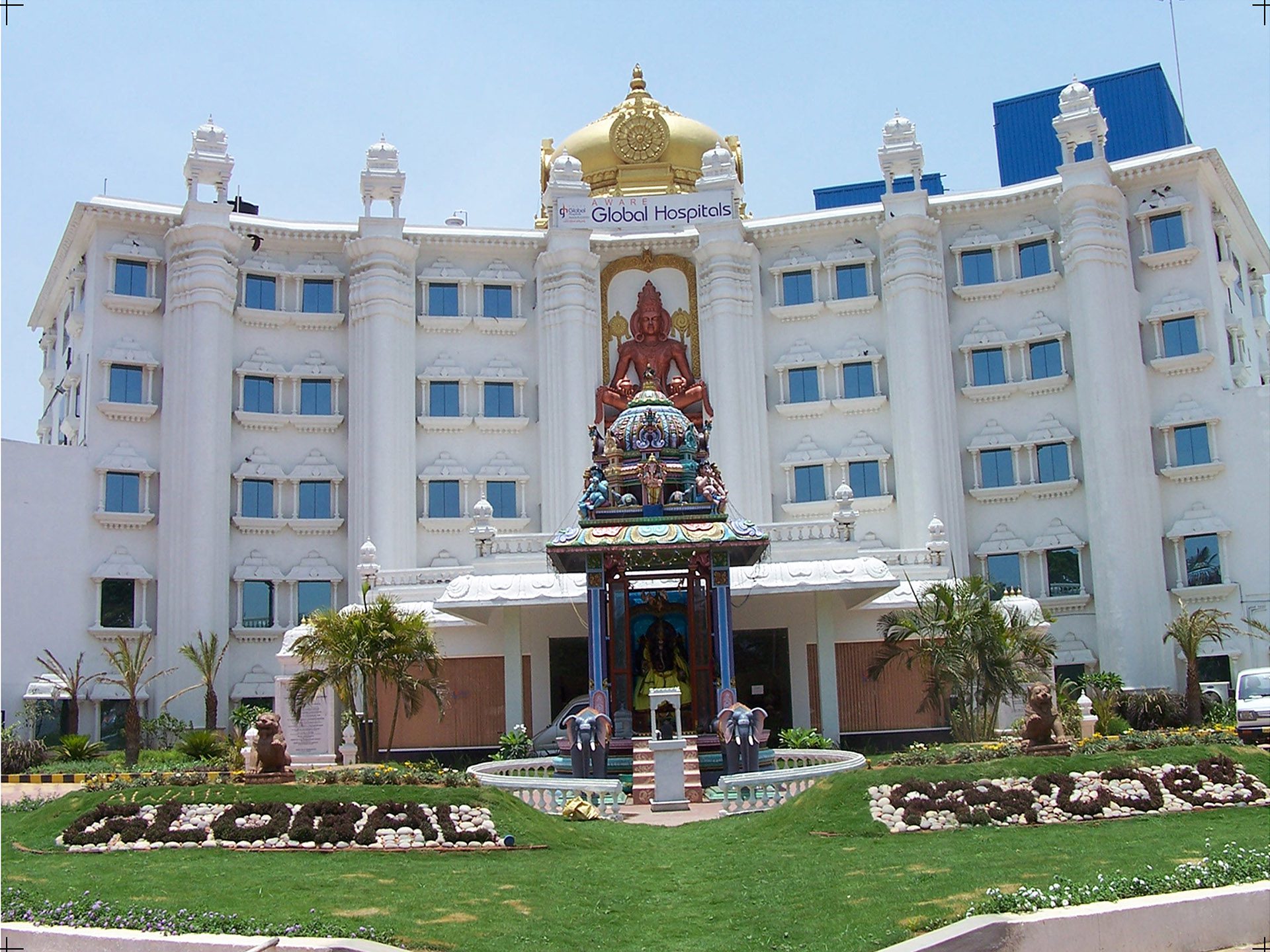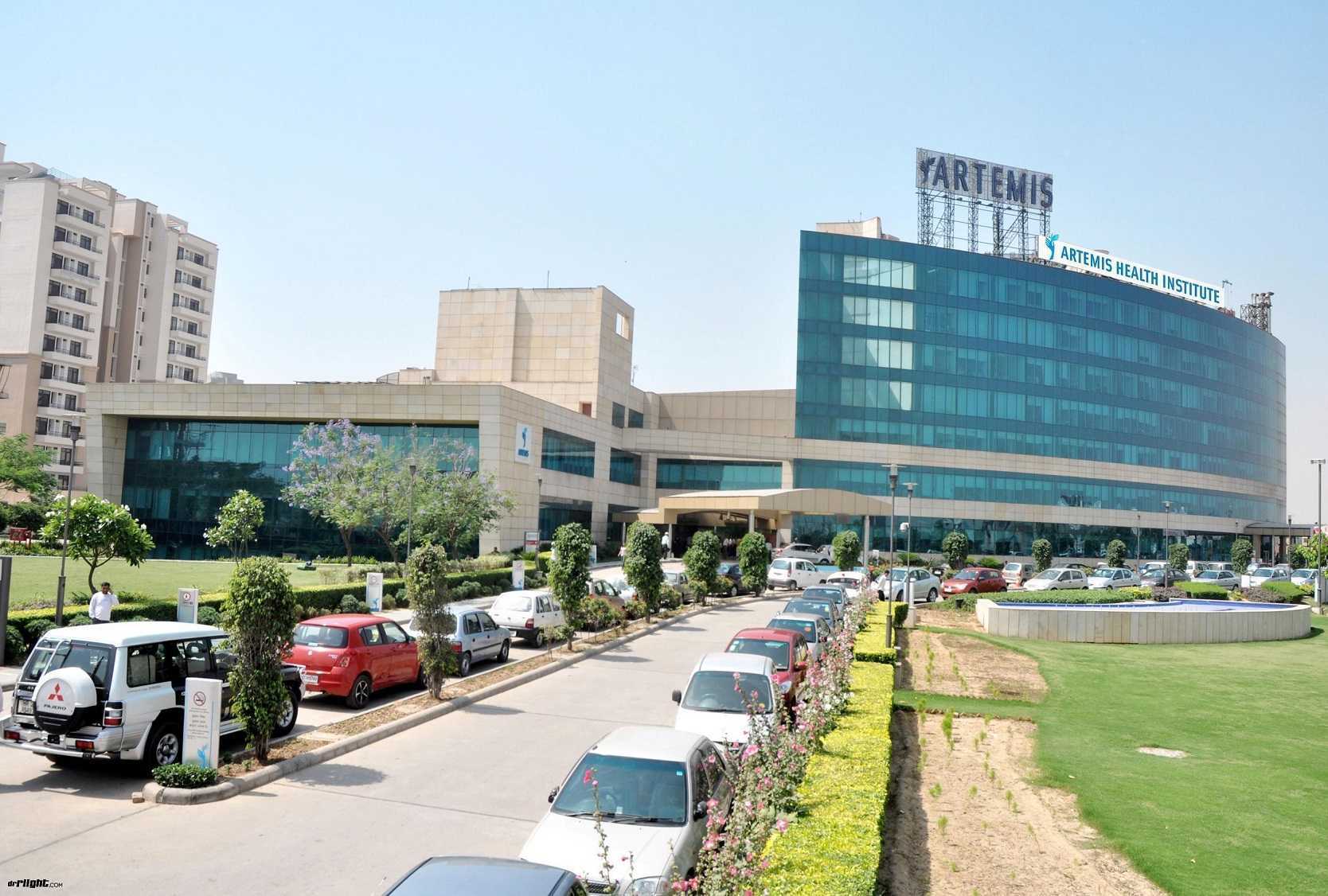Heart Transplantation: Pathologies Leading to Heart Dysfunction. Who Can Become a Heart Donor
Heart transplant – surgical procedure when a heart ceases to function is removed and displaced with a new one. Donor’s heart is obtained when cerebrum death is declared.
Heart transplantation is the only way to cure heart failure. With heart dysfunction, its physiological purpose consisting in pumping blood through the organism, isn’t fulfilled. In medicine, there’s no other method to get this problem away. Even if heart muscle continues to contract, it mayn’t be able to pump blood to supply organs because of its structural damage.
Who needs a heart transplant?
Heart transplant is considered the ultimate panacea. Operation is mandatory if:
- patient suffers from heart failure in its terminal stage; nevertheless, all other organs and structures are completely healthy;
- other therapeutic methods have been tried and haven’t given a positive result;
- the patient’s condition worsens, and in absence of transplantation, he/she is expected to die.
Heart donation
Person can become a heart donor voluntarily during his/her lifetime, or this decision can be made by close relatives after his/her death. Donor’s death occurs from the complete brain functioning cessation. Simultaneously, heart muscle shouldn’t be damaged, and its operation shouldn’t decrease. Additionally, donor and recipient must necessarily match in biological markers; thus, multiple laboratory tests are carried out before the operation.
Complications caused by heart transplant surgery
Patient’s death after heart transplantation may happen because of organ rejection or infection somehow entered the organism. Life-time pathologies that heart muscle recipients have to live with are mainly coronary artery disease and artery atherosclerosis. Additionally, potential risks list includes:
- bleeding beginning after transplantation;
- blood clots causing heart attack, or lung damage;
- breathing difficulties;
- renal dysfunction;
- problems with vessels transporting blood to the heart – vessels become too hard, damaging transplanted organ;
- blood circulates poorly throughout the organism;
- metastatic heart cancer development.
Immunosuppression
Heart transplantation can provoke immune system weakening or failure. In order to avoid it, patients are prescribed a special meds therapy, which shouldn’t be stopped until the new organ is fully adapted.
Transplanted heart rejection
Donor heart is rejected by the recipient’s body as the immune system classifies it as foreign and tries to destroy it. To prevent transplanted organ rejection, patients take meds suppressing the immune system activity – immunosuppressants.
Patients are forced to take these meds for life, since heart rejection can occur at any time. If immunosuppression is too strong, serious infections are spreading in organs, provoking other systems dysfunction. Constant medical monitoring and passing regular diagnostics helps to identify the threat timely and begin the eliminating process – every year after the operation, patients undergo heart muscle biopsy.
New organ rejection manifests itself as follows:
- high body temperature – 38+;
- strict headaches;
- dizziness;
- chest ached, etc.
Heart transplant relapse
Recurrent dysfunction of transplanted heart is provoked by infection entering the organism or arising after transplantation. It’s caused by incomplete match between donor and recipient biological markers, strong immune system opposition, and ineffective meds therapy in the postoperative period. Mostly, in such cases, a second transplant is required.
How long can a patient live after a heart transplant?
Operation success and survival depends on overall physical condition and organism response to a new organ. The 5-year survival rate is about 75%; among these people, 85% are capable of working fully again and engaging in their favorite hobbies: swimming, running and other sports.










